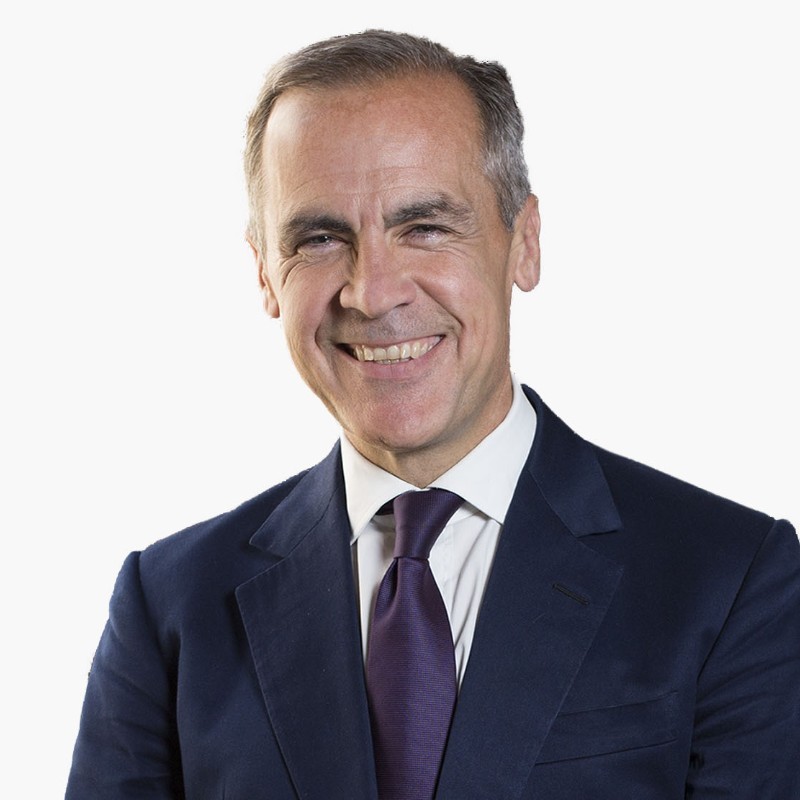C3A Prosperity & Climate Talks, first episode with Mark Carney
 Speakers at the first C3A Prosperity and Climate Talks
Speakers at the first C3A Prosperity and Climate Talks
On November 26, we kicked off the C3A Prosperity & Climate Talks – a new series that sheds light on the interactions of climate and nature with economic and financial issues- with a first session that featured a distinguished guest, Mark Carney. An insightful discussion on how the financial system and policy can accelerate the shift to a net zero world, introduced by Pablo Saavedra, Vice President for the Prosperity vertical at the World Bank and moderated by Alissa Kleinnijenhuis, Visiting Assistant Professor of Finance at Cornell University.
Mark Carney’s bio

Mark Carney is the Co-Chair for the Glasgow Financial Alliance for Net Zero (GFANZ), the UN Special Envoy for Climate Action, Chair of Brookfield Asset Management, and Head of Transition Investing at Brookfield Corporation. Across these roles, he is focused on developing tools, guidance, and products for investors that will combine positive social and environmental outcomes with strong risk-adjusted returns.
Episode 1: A short resume
In recent years, the global conversation surrounding climate change has evolved from a mere environmental concern to a multifaceted crisis impacting every sector of society, including the financial industry. The challenge of transitioning to a net-zero economy is vast, but it presents an enormous opportunity for the financial sector to be a driving force behind positive change. This was the core message of the inaugural episode of the C3A Prosperity & Climate Talks, which featured Mark Carney, the UN Special Envoy for Climate Action & Finance, and Co-Chair of the Glasgow Financial Alliance for Net Zero (GFANZ).
Before diving into the specifics of the talk, it is important to frame the scale of the problem at hand. A recent report revealed some startling facts: globally, one in five people living in emerging and developing economies are at high risk of losing a significant portion of their assets due to climate change. This situation is particularly dire in Africa, where 40% of the population is vulnerable, and in South Asia, where nearly 32% face similar risks. The gap in insurance coverage exacerbates these vulnerabilities, with emerging and developing economies facing a massive shortfall in climate insurance. While the global insurance gap is already concerning, it is even more pronounced in some regions. Sub-Saharan Africa, for example, experiences an insurance gap that is far above the global average. Adding to this is the significant misallocation of climate finance. Of the climate finance directed toward these regions, 84% has gone toward mitigation efforts, leaving a mere 16% for adaptation—an area desperately needing attention.
This disparity points to a crucial issue: the need for greater involvement from the private sector to address the climate crisis. Governments have provided the bulk of climate finance in emerging and developing economies, but these efforts alone are not enough. Banks, which hold a substantial portion of financial assets in these regions, have been underperforming in their climate-related investments. A survey showed that nearly 60% of banks in these areas allocate less than 5% of their resources to climate action, with even less directed toward adaptation efforts.
In this context, the conversation with Mark Carney focused on how the financial system can play a pivotal role in addressing these issues. One of the key points Mark Carney emphasized is that when society sets clear and ambitious goals—such as achieving net-zero emissions—it becomes not only necessary but also profitable to be part of the solution. The financial system, with the right incentives, can help redirect private capital toward initiatives that promote public good. This shift requires a clear understanding of the relationship between finance and climate action. Our guest outlined how finance can serve as a catalyst for change by aligning private value with public values. By creating the right conditions, financial systems can drive the investments necessary to accelerate the transition to a sustainable and resilient economy. Governments, for example, can play a crucial role by implementing policies that incentivize climate action. But Mark Carney also stressed the importance of leveraging the energy and innovation of entrepreneurs, businesses, and civil society, which are critical in delivering the solutions needed for a net-zero transition.
Mark Carney’s vision for a net-zero financial system extends beyond the traditional roles of banks and financial institutions. He advocates for the development of new tools, financial products, and innovative mechanisms that can channel private investment into climate adaptation and mitigation efforts. This innovation is crucial for addressing the vast financing gap, particularly in regions most vulnerable to climate change. He pointed to the Glasgow Financial Alliance for Net Zero (GFANZ), a coalition of financial institutions committed to accelerating the transition to net-zero emissions. GFANZ has been instrumental in helping businesses and investors integrate climate-related risks and opportunities into their decision-making processes, making climate finance a core part of the financial system. However, Mark Carney also acknowledged that these efforts must be scaled up significantly, especially in developing economies, where the need for climate adaptation is greatest. One of the main challenges in mobilizing this capital, according to Mark Carney, is creating a transparent and predictable regulatory environment. This would help unlock private sector investment in climate action, particularly in developing countries that face the greatest risks. Governments and regulators have a crucial role to play in setting the framework that allows investors to feel confident that their investments will yield returns, both financially and in terms of societal impact.
As Mark Carney pointed out, bridging the gap between the current state of climate finance and the levels required to meet the goals of the Paris Agreement will require a concerted effort from all sectors of society. It will take a combination of clear policy frameworks, the creativity and innovation of the financial sector, and the collective action of businesses and governments to address the massive funding needs for climate change adaptation and mitigation.
Mark Carney’s discussion during the C3A Prosperity & Climate Talks emphasized that the financial sector has an essential role to play in creating a resilient, sustainable future. By aligning financial systems with climate goals, incentivizing innovation, and ensuring that investment flows toward climate adaptation and mitigation, we can begin to address the significant challenges posed by climate change. As governments, businesses, and financial institutions work together to create a net-zero financial system, the world can move closer to the transformative changes needed to secure a prosperous and sustainable future for all.
The C3A Prosperity & Climate Talks series aim to strengthen the bridge between academics and policymakers, in particular Ministries of Finance, to highlight and learn from the complex and multifaceted transformation processes of evolving climate physical risks and the low-carbon transition, unfolding against a backdrop of global economic uncertainty and concerns about energy security. This new series will continue to address these critical issues, providing insights from leaders like Mark Carney who are at the forefront of the global push for a sustainable future.
